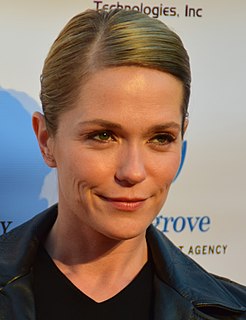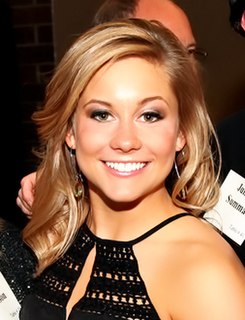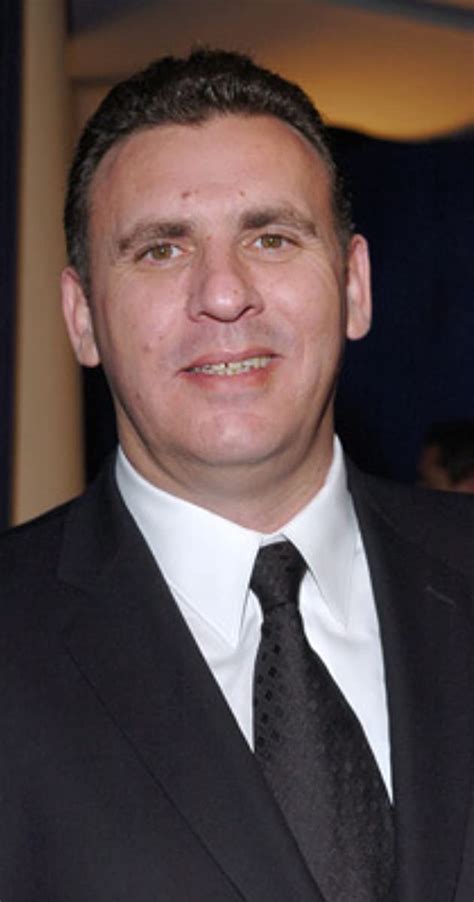A Quote by Bruno Dumont
When you make movies, you have to be preoccupied with the social problems, otherwise there is no point in making a movie. To have a story, you need a social problem. Not necessarily a problem, but something to get the idea for a story, otherwise there's no story.
Related Quotes
The solution to a problem - a story that you are unable to finish - is the problem. It isn't as if the problem is one thing and the solution something else. The problem, properly understood = the solution. Instead of trying to hide or efface what limits the story, capitalize on that very limitation. State it, rail against it.
There is a problem in America. An Irish or Polish American can write a story and it's an American story. When a Black American writes a story, it's called a Black story. I take exception to that. Every artist has articulated to his own experience. The problem is that some people do not see Blacks as Americans.
Songs are like movies to me, and so you put yourself in the movie. You become a character in the movie. The new ones are exciting because they're fresh. But if it's not that, if the story is not what you get into, maybe it's the crowd response. You hit the first chords of 'She's In Love With The Boy' and 20,000 people start to scream, you're pretty motivated. You get what you need. And it's a great story. It works.





































